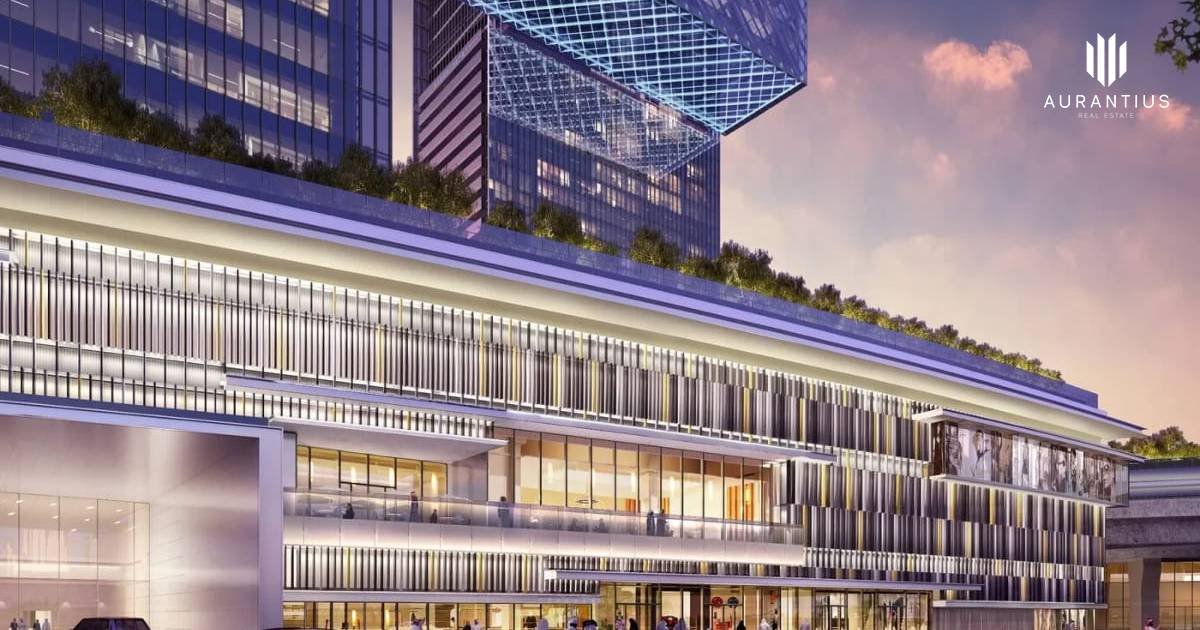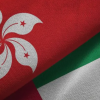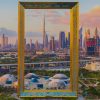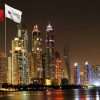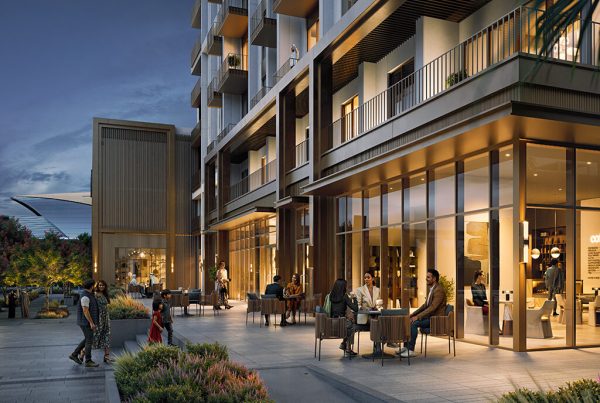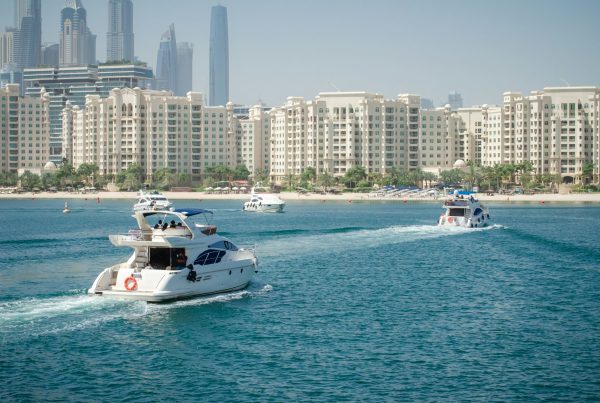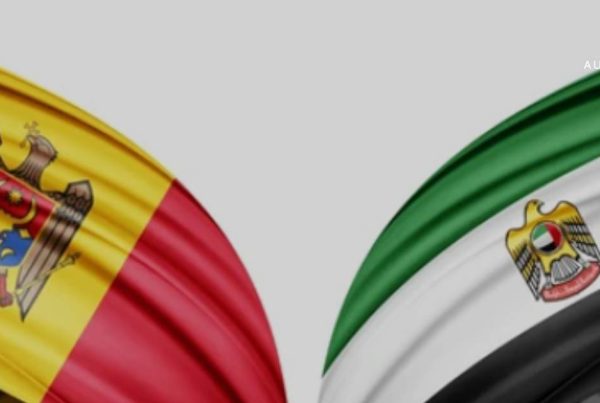Dubai Real Estate Sees Historic H1 2025 Surge Amid Visa Reforms and Investor Confidence
Dubai’s real estate sector witnessed a landmark first half of 2025, recording a sharp increase in investment volumes, transaction values, and first-time buyers. According to the Dubai Land Department (DLD), the city attracted approximately 94,700 investors during this period—marking a robust 26% increase compared to H1 2024. Of these, nearly 59,000 were first-time investors, with UAE residents accounting for 45%—a clear reflection of strong domestic sentiment toward long-term property ownership.
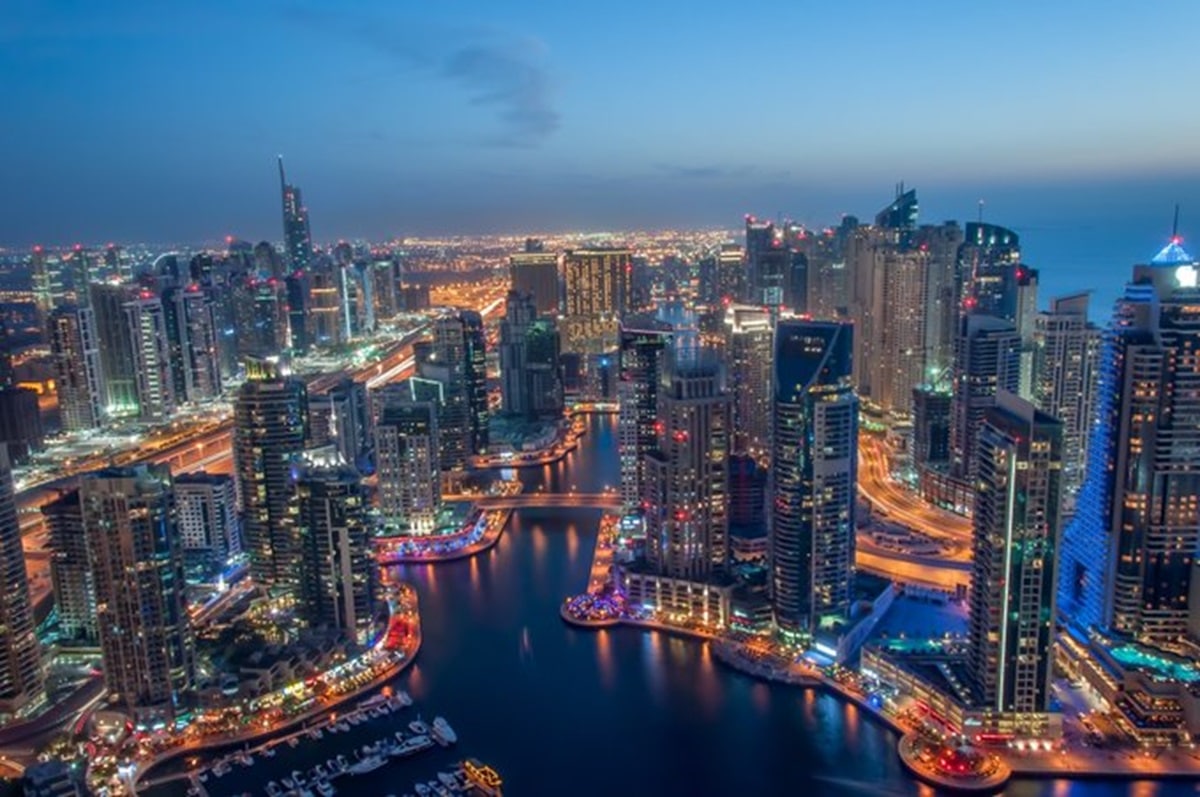
Residential activity surged, with 91,900 transactions totaling AED 262.1 billion, representing a 22.9% year-on-year increase in volume and an impressive 36.4% jump in value. The market showed a pronounced recovery in Q2 2025, overcoming a relatively slow Q1, supported by strong demand from both domestic and international buyers seeking stable, high-yield investments.
Supply Pipeline Grows, But Delivery Remains a Challenge
In response to this growing demand, around 17,200 residential units were completed in H1 2025, with nearly 42.4% delivered in key locations like Jumeirah Village Circle, Mohammed Bin Rashid City, and Sobha Hartland. Looking ahead, over 61,800 units are under construction and expected to complete by year-end, although only 21% have crossed the 75% construction progress mark, indicating potential delivery delays.
Top Developers Driving Market Activity
Major developers remain at the forefront of Dubai’s booming market. Emaar maintained momentum with key sales at The Valley and Emaar South, while DAMAC Properties gained traction through projects in DAMAC Hills 2 and DAMAC Lagoons. Sobha Group continued to capture demand with Sobha Solis and Sobha Orbis in Motor City.
Emerging developers like Binghatti and Danube Properties sustained strong performances, while Beyond Properties entered the top 10 through high-demand projects in Dubai Maritime City. These shifts underline the market’s appetite for high-quality, competitively priced offerings with attractive payment terms.
Visa Reforms and Economic Stability Power Global Interest
Dubai’s position as a global investment hub is reinforced by progressive visa policies such as the Golden Visa and 10-year investor visa. These initiatives provide long-term residency, enhancing buyer confidence and converting interest into tangible investment. “This combination of lifestyle and legal certainty has been a game-changer,” said Daniel Hadi, CEO of Engel & Völkers Middle East. “It significantly expanded our international client base and led to an influx of serious, long-term investors.”
Dubai continues to attract high-net-worth individuals (HNWIs) who see the city as a low-risk, high-return investment environment, backed by regulatory clarity, the AED-USD peg, and zero income tax.
Freehold vs Leasehold: Strategic Investor Decisions
Investors are increasingly evaluating the pros and cons of freehold versus leasehold ownership. While freehold properties offer full ownership and inheritance rights, leasehold options appeal to mid-term investors due to lower initial costs and flexibility. Advisors are tailoring recommendations based on client timelines and goals.
Upcoming Developments & Infrastructure Projects Fuel Optimism
Dubai’s property landscape is being reshaped by large-scale, lifestyle-integrated masterplans. Areas like Al Jaddaf, Dubai Islands, and other waterfront communities are gaining traction. These are not just housing clusters but futuristic ecosystems built with wellness, connectivity, and smart infrastructure in mind.
Complementing these real estate developments, infrastructure megaprojects such as the Dubai Loop and Etihad Rail are set to boost long-term demand. These transport corridors are expected to enhance connectivity, open up new investment hotspots, and create strong capital appreciation for early investors.
Conclusion
Dubai’s real estate market in H1 2025 presents a clear picture of growth, diversification, and strategic transformation. Backed by a surge in both first-time and repeat investors, ongoing infrastructure expansion, and favorable government policies, the emirate is well-positioned to maintain its status as a global property investment leader.
As the year progresses, buyers and investors alike will continue to find value across established hubs and new growth corridors—supported by a market ecosystem that values transparency, innovation, and long-term stability.

